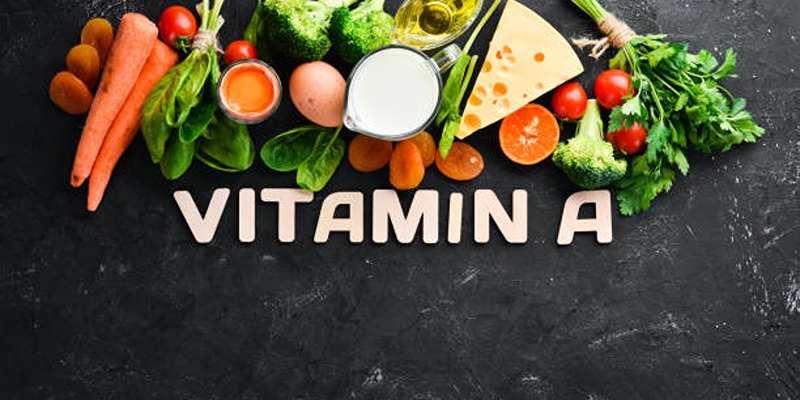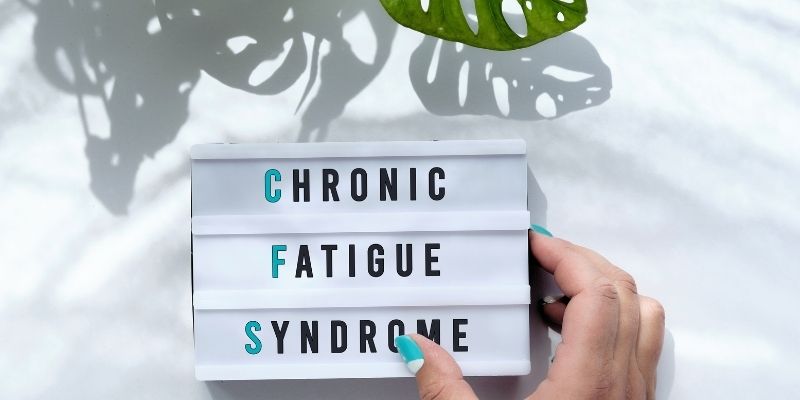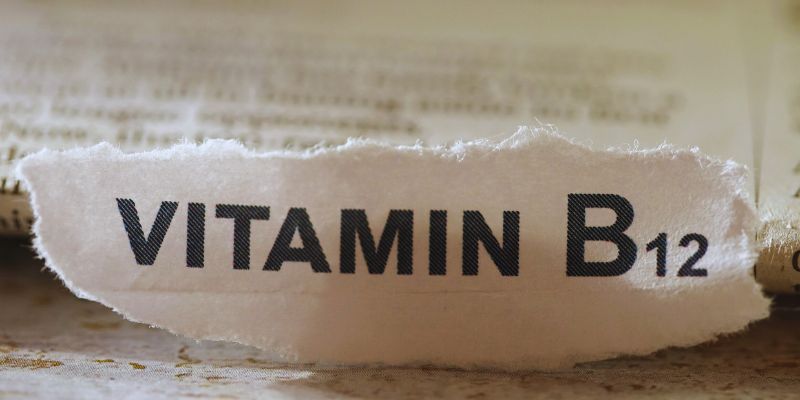Easily bruising is something to worry about, as it may indicate underlying health issues or can be the result of delicate blood vessels. In this article, we will discuss the frequent reasons behind easy bruising, determine when it is time to see the doctor, and offer advice on how to minimize and treat bruising properly.
What is Bruising?
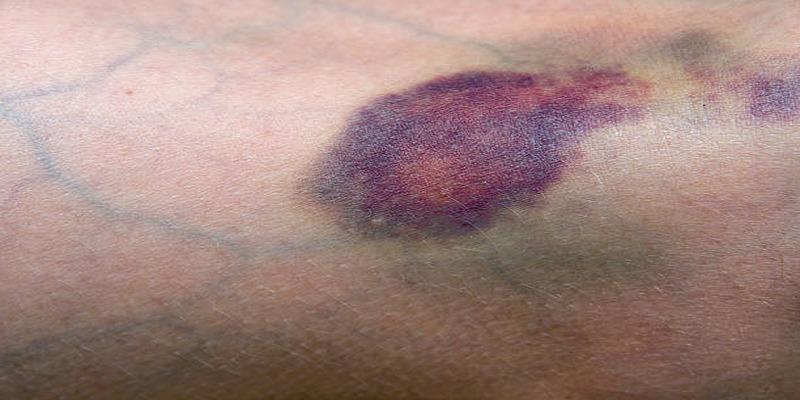
Bruising, which is more commonly referred to as a contusion, is a condition in which small blood vessels beneath the skin rupture and spill blood, usually causing discoloration. Occasional bruising is typical, but repeated or unexplained bruising may suggest other considerations involved.
Factors Contributing to Easy Bruising
Recurrent bruising may result from a multitude of causes that range from ordinary aging to particular medical conditions or lifestyle factors. Knowing these causes can assist in determining possible underlying conditions and taking proper medical intervention when necessary.
1.Aging
As we get older, our skin automatically thins, becomes more fragile, and bruises easily. It loses elasticity and the fatty covering that protects blood vessels. Without this covering, even slight bumps can rupture tiny blood vessels and result in bruising.
Aging also retards the synthesis of collagen, an important protein that makes skin firm. With reduced collagen, skin weakens, and bruises heal slowly as the body's repair mechanism is slowed down.
2.Blood-Thinning Medications
Medications like aspirin, anticoagulants (e.g., warfarin or heparin), and over-the-counter pain relievers like ibuprofen or naproxen reduce the blood's ability to clot. They are vital for preventing serious conditions like blood clots, heart attacks, or strokes, especially in those with cardiovascular risks. However, a common side effect is increased bruising. By thinning the blood or interfering with clotting, these medications make it easier for blood vessels to leak, causing more noticeable bruises even from minor injuries.
Bruises may also take longer to heal. Understanding this side effect helps patients take extra care to avoid injuries. If bruising becomes excessive or is paired with prolonged bleeding, consult a healthcare provider.
3.Corticosteroid Use
Corticosteroids, whether applied topically, taken orally, or injected, are commonly used to treat a variety of inflammatory conditions such as arthritis, allergies, and skin conditions. However, long-term use of corticosteroids can weaken the skin and the walls of blood vessels, making them less resilient to minor trauma. This results in thinner, more fragile skin that is prone to bruising. People undergoing prolonged corticosteroid treatments should monitor their skin health and consult their healthcare provider if bruising becomes a frequent issue.
4.Vitamin C Deficiency
Vitamin C is a vital nutrient for collagen production, a key component that maintains the strength and elasticity of blood vessels and skin. Without adequate vitamin C, blood vessel walls become weaker and more prone to damage, leading to easy bruising even from minimal impact. Severe vitamin C deficiency, known as scurvy, can cause widespread bruising along with symptoms like gum bleeding and fatigue. Ensuring a diet rich in fruits and vegetables like oranges, strawberries, and bell peppers helps support healthy collagen levels and reduce the likelihood of bruising.
5.Vitamin K Deficiency
Vitamin K plays a critical role in the body’s blood clotting process. Without sufficient vitamin K, the body struggles to form clots, making it harder to stop bleeding. This results in easier and often more noticeable bruising from small injuries or bumps. Vitamin K deficiency is relatively rare but can occur in individuals with poor diets, certain medical conditions affecting nutrient absorption, or those taking medications that interfere with vitamin K activity. Leafy greens like spinach, kale, and broccoli are excellent sources of this essential vitamin.
6.Fragile Blood Vessels
Certain medical conditions, genetic predispositions, or even lifestyle factors can lead to fragile blood vessels that rupture easily. Conditions such as Ehlers-Danlos syndrome, which affects connective tissue, or chronic venous insufficiency, can weaken blood vessel walls, making individuals more prone to frequent and unexpected bruising.
Even environmental factors, like prolonged sun exposure, can damage blood vessels over time, contributing to increased fragility. Maintaining a healthy lifestyle and protecting the skin from damage can help reduce the frequency of bruising in such cases.
7.Thrombocytopenia
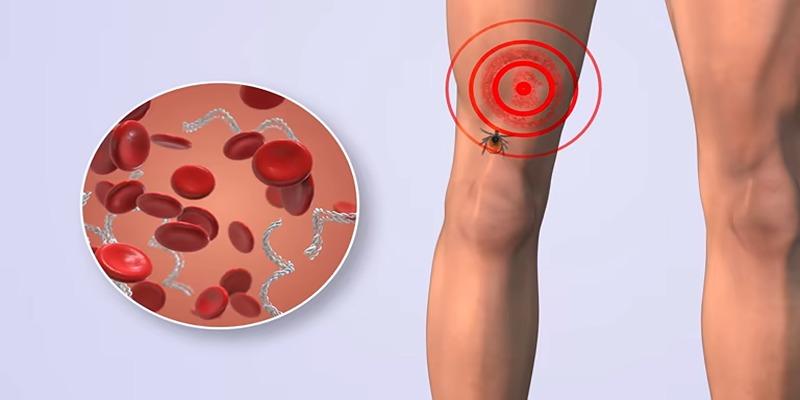
Thrombocytopenia is a condition where a low platelet count reduces the blood's ability to clot. Platelets are tiny cells that help stop bleeding by forming clots. Without enough platelets, individuals may experience unexplained bruising, frequent nosebleeds, prolonged bleeding after minor injuries, or small red or purple spots on the skin called petechiae, caused by bleeding under the skin.
Thrombocytopenia has many causes, including autoimmune diseases like immune thrombocytopenia (ITP), medications that affect platelet production, viral infections such as dengue or hepatitis, or more serious conditions like leukemia or bone marrow disorders. Lifestyle factors.
When to Seek Medical Advice
Bruising with symptoms like fatigue, unusual bleeding, or frequent infections could indicate a blood or immune-related condition. Large or painful bruises without injury might suggest issues like clotting disorders, platelet deficiencies, or liver problems. Certain medications, like blood thinners or steroids, can also increase bruising, so it’s important to discuss this with your doctor. Promptly consulting a healthcare provider is crucial to identify the cause, rule out serious conditions, and get the right treatment.
Prevention and Management
Preventing bruising often involves making small adjustments to your daily habits and ensuring your overall health is well-maintained. While some bruises are unavoidable, there are proactive steps you can take to reduce their occurrence and manage them effectively:
- Eat foods rich in vitamins C and K, like citrus fruits, leafy greens, and bell peppers, to strengthen blood vessels and improve skin health.
- Wear knee pads, elbow pads, or helmets during physical activities to lower the risk of bruises and injuries.
- Apply ice to minor injuries immediately to reduce bruising and swelling. Wrap the ice pack in a cloth and apply for 15-20 minutes.
- Be aware that medications like aspirin or supplements can thin blood and increase bruising. Consult your doctor if you’re unsure about side effects.
Conclusion
Preventing and managing bruises involves maintaining a nutrient-rich diet, using protective gear during activities, and properly caring for minor injuries with timely icing. It's also important to be mindful of medications or supplements that may affect bruising. If you experience prolonged, frequent, or unusual bruising, consider reaching out to a healthcare provider. Addressing concerns early can help identify any underlying issues and ensure optimal health.





